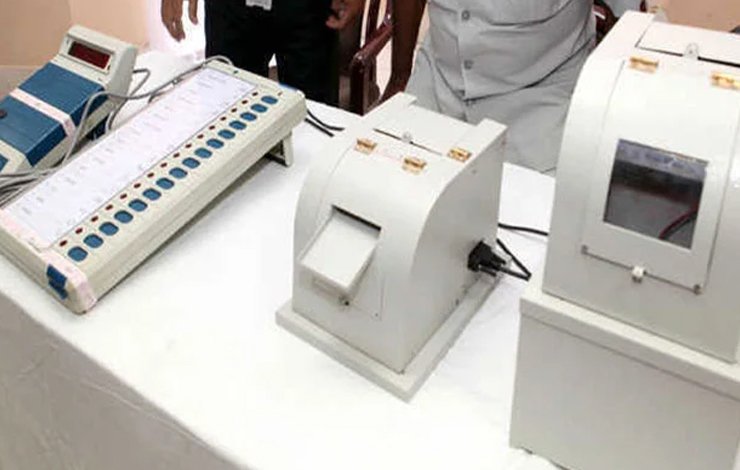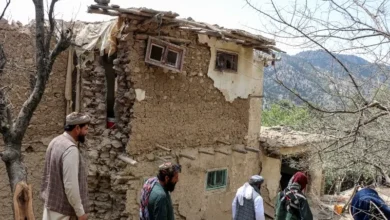EVMs, i-voting: Will 2023 general polls be costliest elections of Pakistan?
The procurement cost of electronic voting machines has raised many eyebrows as the initial purchase of EVMs will cost around Rs258 billion.

ISLAMABAD: The procurement cost of electronic voting machines has raised many eyebrows as the initial purchase of EVMs will cost around Rs258 billion.
The procurement cost of EVMs has raised questions about whether the 2023 general elections will be the costliest polls in the history of Pakistan.
The expected expenditures and relevant legislation for the use of EVMs and internet-based voting were discussed in a session chaired by Chief Election Commissioner (CEC) Sikandar Sultan Raja on Thursday.
Why ECP is Refusing EVM Despite its Plan of 2023?
The secretary of the Election Commission of Pakistan (ECP) briefed the participants of the session regarding the progress on the implementation of legislation on EVMs and internet voting. The participants were briefing on the findings of a three-member committee of ECP ahead of using EVMs and i-voting.
It has been decided to follow all relevant laws in the procurement of EVMs besides ensuring the quality of machines, their secrecy and security.
The session also mulled over four proposed options for overseas voting, including i-voting, postal balloting, postal e-voting and online voting at Pakistani missions abroad. The three-member committee also proposed reserved seats and a separate electoral college for overseas Pakistanis.
ECP Objections on EVM: Preannouncement of Controversial 2023 Polls
During the meeting, CEC said that the use of EVMs could be a disaster without carrying out pilot projects. On the legislative end, the session also discussed the strategy to secure the electronic voting process from any kind of electoral manipulation.
The CEC urged to conduct at least four to six pilot projects before opting for shifting the entire voting process to the EVMs.
He also asked the election authorities to learn and follow best international practices of using modern technologies besides developing voter trust.



